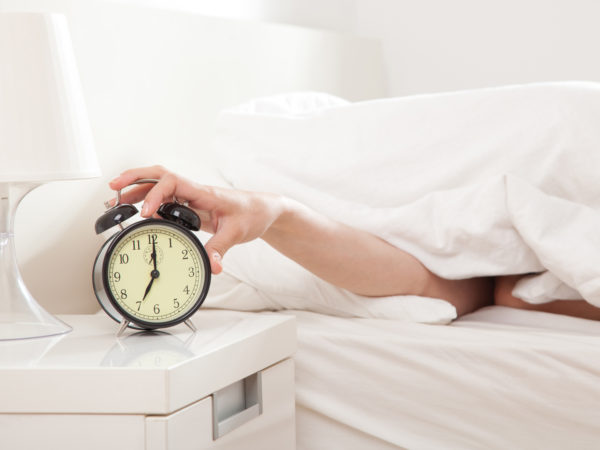Social Jet Lag And Your Health

Social jet lag – the habit of going to bed later and waking up later on weekends than during the week – isn’t good for you. Researchers at the University of Arizona in Tucson have reported preliminary results of a study showing that no matter how much sleep you get on weekends, every hour of social jet lag is linked to an 11 percent increase in the likelihood of heart disease. Overall, the investigators found that social jet lag is associated with poorer health, worse mood, chronic fatigue and increased sleepiness. To arrive at these conclusions they recruited 984 adults between the ages of 22 and 60 and analyzed their responses to survey questions about sleep duration, insomnia, cardiovascular disease, fatigue, and sleepiness. They found that with each hour of social jet lag the survey respondents were 22 percent more likely to describe their health as “good” rather than “excellent” and were 28 percent more likely to say their health was “fair or poor” instead of excellent. The researchers reported seeing more social jet lag among high school graduates compared to college graduates and found that it was less common among African Americans, unemployed respondents and those with lower incomes.
Source:
Sierra B. Forbush et al, “Sociodemographics, poor overall health, cardiovascular disease, depression, fatigue and daytime sleepiness associated with social jet lag independent of sleep duration.” SLEEP, April 28, 2017
Also in this week’s bulletin:
If you are tired of too many prescriptions – and have had enough of taking medications for ailments that may not require them – then my new book may be for you: Mind Over Meds looks at the problem of overmedication, the science that shows drugs aren’t always the best option, as well as helpful, reliable integrative medicine approaches.











